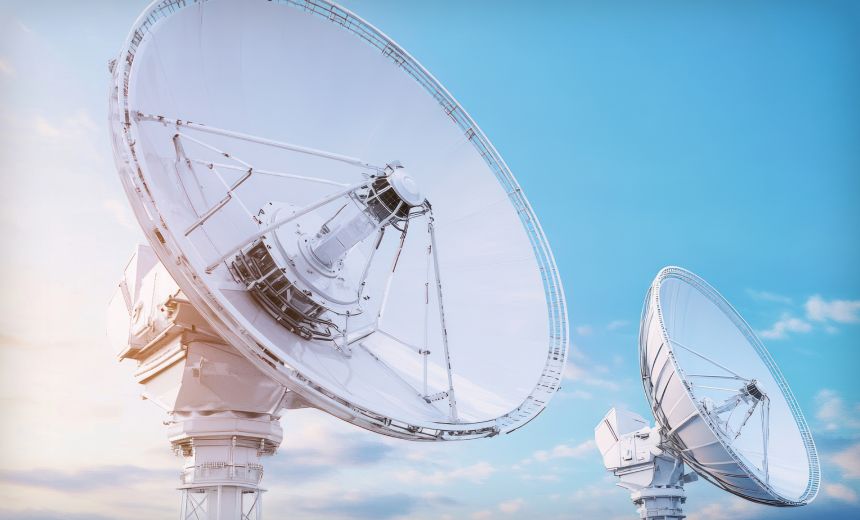Cyberwarfare / Nation-State Attacks,
Fraud Management & Cybercrime
Intelligence Official: Ground Stations Are Prime Targets in Future Conflicts

As tensions escalate on a global scale, the space environment is emerging as a new arena for warfare. During a recent address, a senior U.S. intelligence official indicated that the initial phases of any future conflict are likely to be initiated in cyberspace. Johnathon Martin, acting deputy director of the National Reconnaissance Office, emphasized that the cybersecurity of space systems will be crucial as nations engage in conflict over orbital assets.
The risk of physical confrontations is always present; however, Martin pointed out that the phenomenon known as the Kessler effect, wherein collisions create space debris that leads to further collisions, makes cyberattacks a more favorable option for aggressors. In his keynote at the CyberSat conference in Reston, Virginia, he noted that the earliest stages of conflict will necessitate the use of low-escalation actions to achieve objectives.
Martin’s guidance for satellite operators was clear: ground stations represent a substantial vulnerability. He warned, “If someone controls the ground station, they control the satellite.” This sentiment was echoed by other officials and space executives who outlined the cybersecurity challenges facing the industry amid increasing tensions between free democracies and authoritarian regimes like Russia and China.
Daniel Hilgert, NATO’s senior space coordinator, classified the situation as active rather than impending. He cited examples of Russia’s hybrid warfare tactics, which include jamming U.S. GPS satellites and the European Union’s Galileo system, extending beyond traditional military capabilities into the cosmic realm. Hilgert stated, “It’s not just the drones and jets violating our airspace; they’re increasingly active in space as well.”
In discussions at the conference, Chief Information Security Officers (CISOs) from various satellite operators expressed their daily concerns surrounding cybersecurity threats. The advent of software-defined satellites and multi-orbit systems that facilitate communication between different constellations has expanded the attack surface for potential cyber intrusions. Vinit Duggal, CISO of SES, noted that while they have not faced direct attacks on their spacecraft, the evolving geopolitical landscape warrants vigilance.
Research conducted by Aerospace indicates that the most common cyber threats to space networks currently involve basic tactics such as eavesdropping on unencrypted signals and radio frequency interference. Brandon Bailey, a principal engineer at Aerospace, highlighted the ongoing evolution of these threats as strategic competition in space intensifies. Although no severe breaches have been reported against SES, Bailey underscored the likelihood of such incidents rising in the future.
Concerns surrounding the cybersecurity of U.S. space operations have not gone unnoticed. In 2022, Lt. Gen. Stephen N. Whiting described cyber vulnerabilities as “the soft underbelly” of space networks. Notably, allied nations, including Germany, are now emphasizing the importance of cybersecurity in their space initiatives, with Defense Minister Boris Pistorius announcing a substantial $41 billion investment in space security.
Florian Göhle of the German Federal Office for Information Security reiterated that cybersecurity principles remain constant across terrestrial and extraterrestrial missions. He asserted the necessity of a security-by-design approach throughout all phases of a mission’s lifecycle, emphasizing supply chain assessments as a critical component of space cybersecurity.
Scott McCormick, CSO of Planet Labs, noted the complexities involved in evaluating supply chain risks, particularly regarding software components. He argued that the trade-offs between using third-party solutions versus developing in-house capabilities are crucial. Michael Bernat, cyber CTO of Rafael Advanced Defense Systems, went a step further, advocating for proprietary systems to mitigate supply chain vulnerabilities and protect sensitive assets.